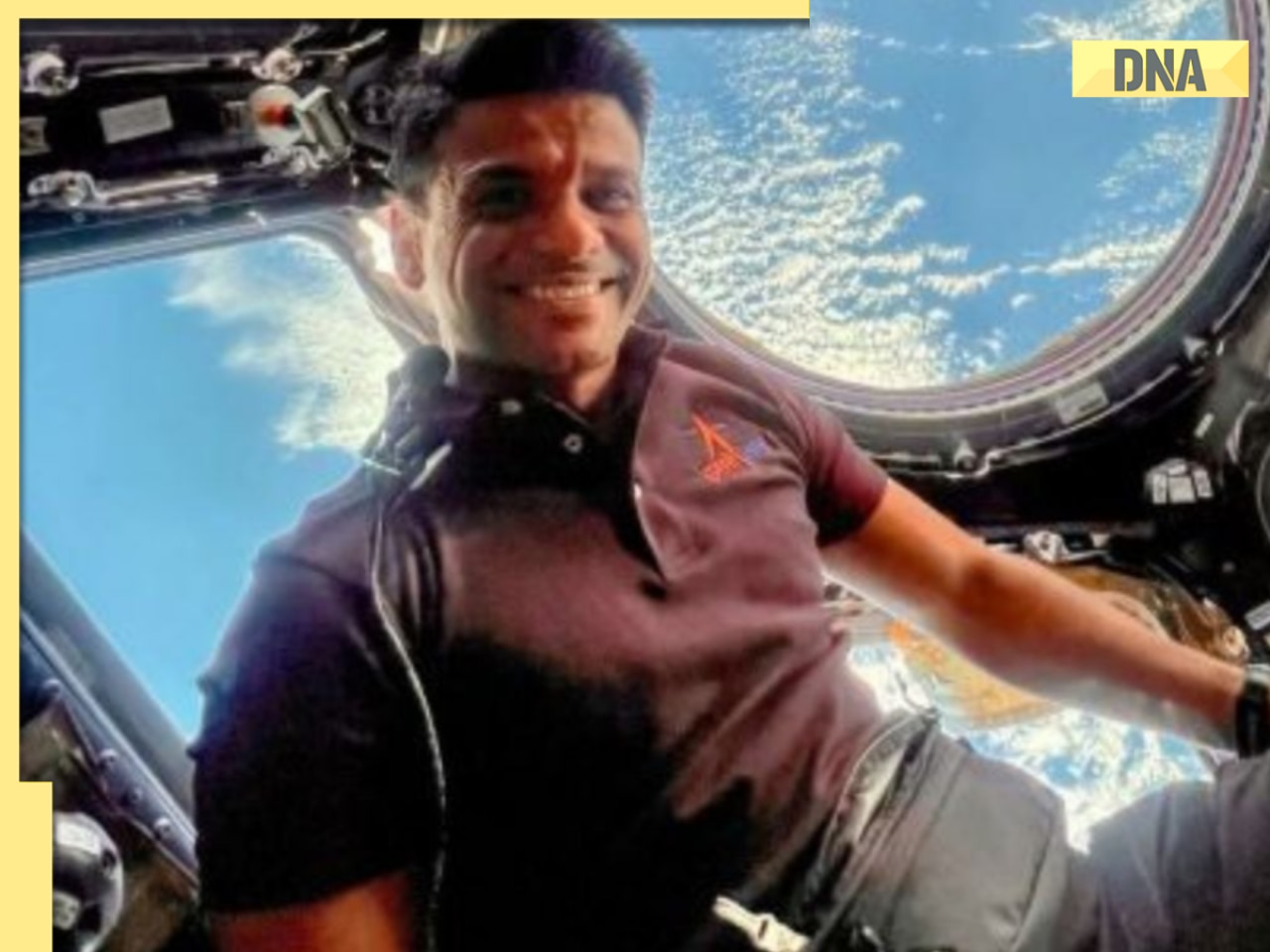Startups gain wealth by slowing down to deeply understand customers, build trust, and validate demand, avoiding premature scaling and costly failures.
Most startups chase speed—quick MVPs, big raises, flashy launches. But without understanding real customer psychology or earning trust, speed can be fatal. In today’s noisy market, moving deliberately isn’t old-fashioned; it’s the smartest way to build a business that lasts (and profits).
Startups love to worship speed. Rapid MVPs, lightning pivots, weekly feature drops: it’s all become a badge of honor.
Founders boast about how quickly they shipped, how many engineers they stacked, and how fast they burned capital. But here’s the hard truth: most of this is theater. In chasing speed, many startups skip the one thing that actually makes money—understanding people.
Building too fast is often an excuse for not doing the messy work of validation. It’s far easier to keep coding than to sit with customers, dig into their anxieties, or watch them fumble through your product. Yet that slow, uncomfortable phase is where real value is born. Because until you truly know why someone might hesitate to trust your product or what psychological hook will keep them coming back, you’re just guessing.
I’ve seen countless decks bragging, “We launched in 30 days!” Only to quietly churn users six months later. Moving fast feels good. You look busy; investors clap, and LinkedIn loves it. But startups don’t die because they were too slow. They die because they built the wrong thing or built it in a way that failed to earn trust.
There’s data to back this belief up. The Startup Genome project found that nearly 74% of high-growth startups fail because they scale prematurely. That doesn’t mean they launched too late; it means they ramped up hiring, marketing, or infrastructure before nailing the basics: real demand, solid retention, and unit economics that work. In other words, they grew faster than they learned.
Look at Zoho versus many flashy Indian SaaS peers. Zoho refused venture money, grew patiently, took time to understand their market, and built quietly. Today they’re a billion-dollar powerhouse: profitable, resilient, and answerable to no impatient board. Contrast that with startups that raised huge rounds, scaled recklessly, and then struggled to keep customers from slipping away.
But it’s not just about business mechanics. It’s psychology. When you launch half-baked products just to show speed, you might win initial curiosity, but trust is fragile. People rarely give you a second chance after a sloppy first impression. Worse, if you haven’t taken time to study user behavior, you’ll likely miss the small psychological triggers that drive loyalty. That means spending ever more on marketing to replace the customers you failed to keep.
I’m not against speed. I’m against speed without deliberate learning. Fast learning is good—it means setting up sharp feedback loops, testing hypotheses, and iterating with discipline. But most startups skip straight to building, then scale noise instead of insight. That’s not innovation; it’s expensive guessing.
So the next time someone brags about how quickly they shipped, ask them what they truly learned. Ask them how well they understand their customer’s hidden fears or what emotional lever keeps them returning. Because in today’s noisy tech world, deliberate is the new disruptive. And ironically, slowing down enough to get it right might just be the fastest way to get rich.
Honey Srivastava a product and agile leader, and an expert in architecting scalable products and strategies at the intersection of AI, system design, and consumer psychology — driving business growth and trust. An alumna of the Indian School of Business and IIM Lucknow, she brings a rare blend of technical depth and business acumen.
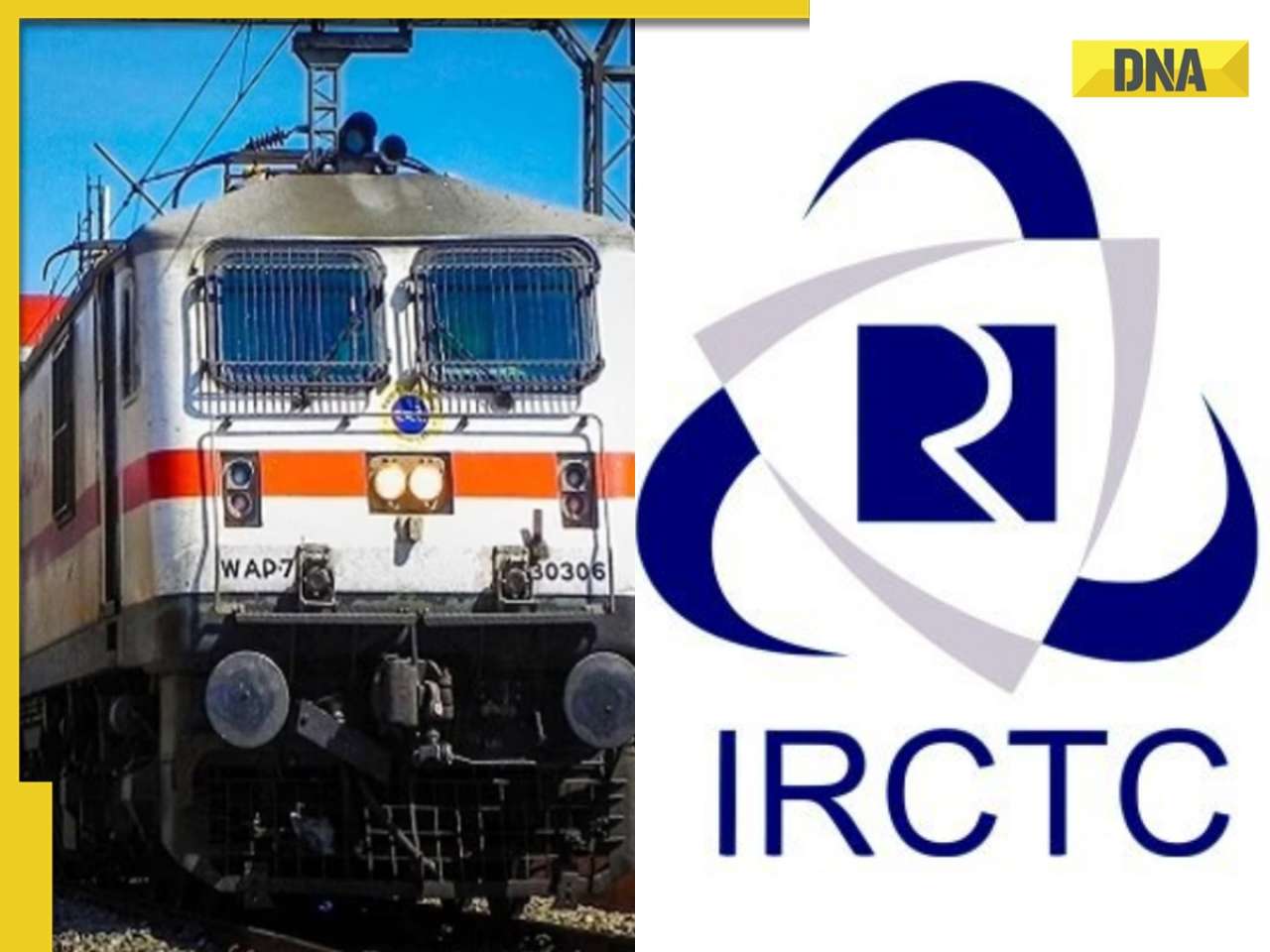 No OTP, no Tatkal ticket: Indian Railways makes Aadhaar OTP verification mandatory for online Tatkal booking; check details
No OTP, no Tatkal ticket: Indian Railways makes Aadhaar OTP verification mandatory for online Tatkal booking; check details This actress has been banned from driving for 6 months after speeding offense
This actress has been banned from driving for 6 months after speeding offense Will Rishabh Pant, Jasprit Bumrah play in 4th Test against England? Report makes BIG claim
Will Rishabh Pant, Jasprit Bumrah play in 4th Test against England? Report makes BIG claim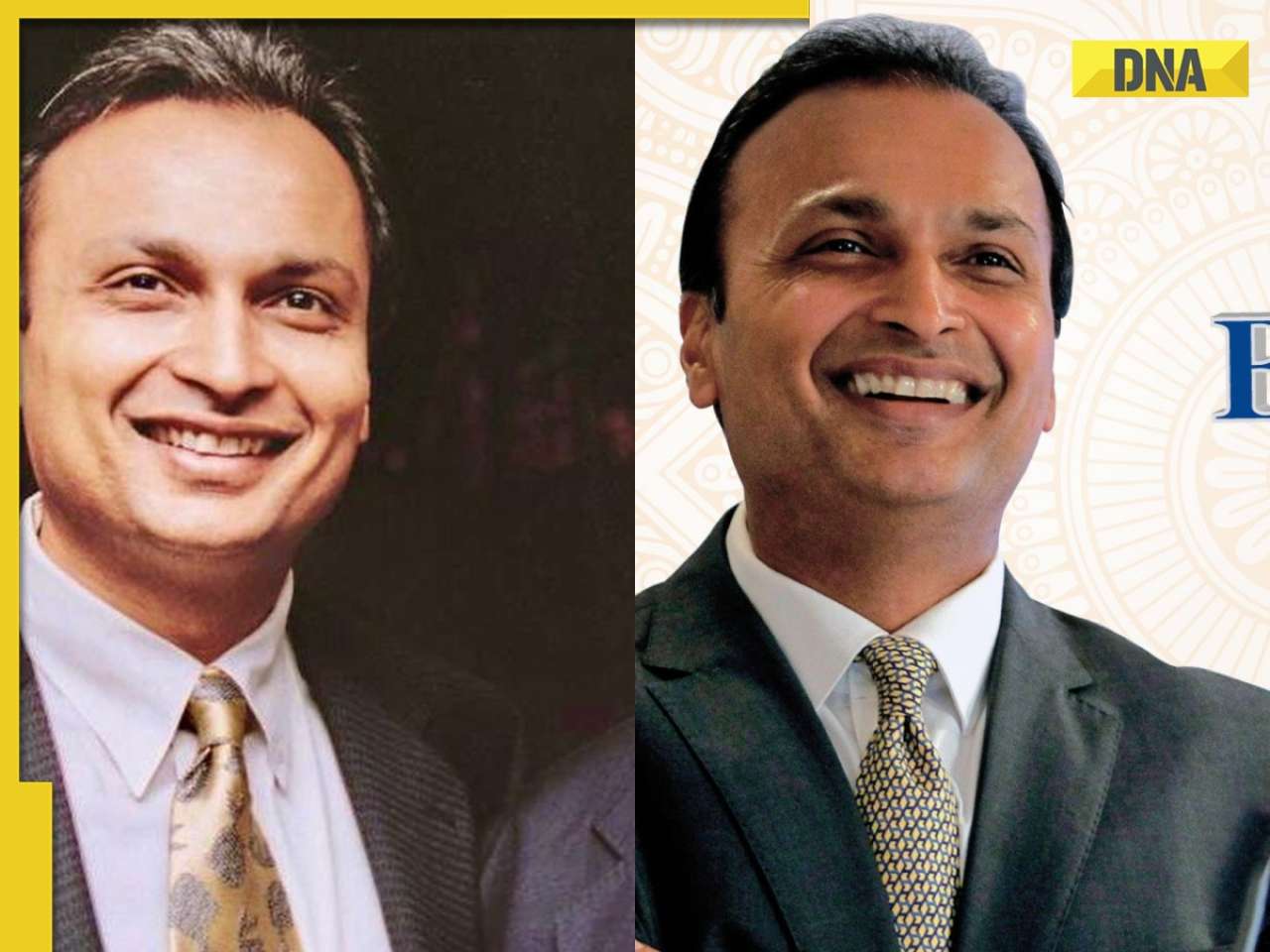 Anil Ambani's Reliance Infra, RPower make BIG move to raise Rs 18000 crore through...
Anil Ambani's Reliance Infra, RPower make BIG move to raise Rs 18000 crore through... Sidhu Moose Wala's world tour announced three years after his death, confused fans ask 'ye sach me mara hai ya...'
Sidhu Moose Wala's world tour announced three years after his death, confused fans ask 'ye sach me mara hai ya...' 7 mesmerising images of star formation captured by NASA
7 mesmerising images of star formation captured by NASA What is brain fog? 7 Ways to overcome it
What is brain fog? 7 Ways to overcome it Sawan 2025: Move beyond Tip Tip Barsa Paani, this rainy season groove on these sizzling songs
Sawan 2025: Move beyond Tip Tip Barsa Paani, this rainy season groove on these sizzling songs Kang Seo‑ha to Kim Sae‑ron: K‑drama, K-pop icons we lost recently
Kang Seo‑ha to Kim Sae‑ron: K‑drama, K-pop icons we lost recently Our Golden Days, My Lovely Journey, Beyond the Bar: 8 must-watch K-dramas in August 2025
Our Golden Days, My Lovely Journey, Beyond the Bar: 8 must-watch K-dramas in August 2025 Nimisha Priya Case: Who Was Talal Abdo Mahdi? Inside The Tragic Story Behind Nimisha Priya’s Case
Nimisha Priya Case: Who Was Talal Abdo Mahdi? Inside The Tragic Story Behind Nimisha Priya’s Case US News: Trump Confident On India Trade Deal | “We’re Going to Have Access Into India" | PM Modi
US News: Trump Confident On India Trade Deal | “We’re Going to Have Access Into India" | PM Modi CDS Anil Chauhan On Op Sindoor: Pakistani Drones Neutralised Using Kinetic, Non-Kinetic Tactics
CDS Anil Chauhan On Op Sindoor: Pakistani Drones Neutralised Using Kinetic, Non-Kinetic Tactics Nimisha Priya Case: Grand Mufti In Talks With Yemen Scholars, Urges For Release Of Indian National
Nimisha Priya Case: Grand Mufti In Talks With Yemen Scholars, Urges For Release Of Indian National Nimisha Priya Case: How Nimisha Priya’s Life Took a ‘Dark Turn’ | From Nurse to Death Row In Yemen
Nimisha Priya Case: How Nimisha Priya’s Life Took a ‘Dark Turn’ | From Nurse to Death Row In Yemen No OTP, no Tatkal ticket: Indian Railways makes Aadhaar OTP verification mandatory for online Tatkal booking; check details
No OTP, no Tatkal ticket: Indian Railways makes Aadhaar OTP verification mandatory for online Tatkal booking; check details Anil Ambani's Reliance Infra, RPower make BIG move to raise Rs 18000 crore through...
Anil Ambani's Reliance Infra, RPower make BIG move to raise Rs 18000 crore through...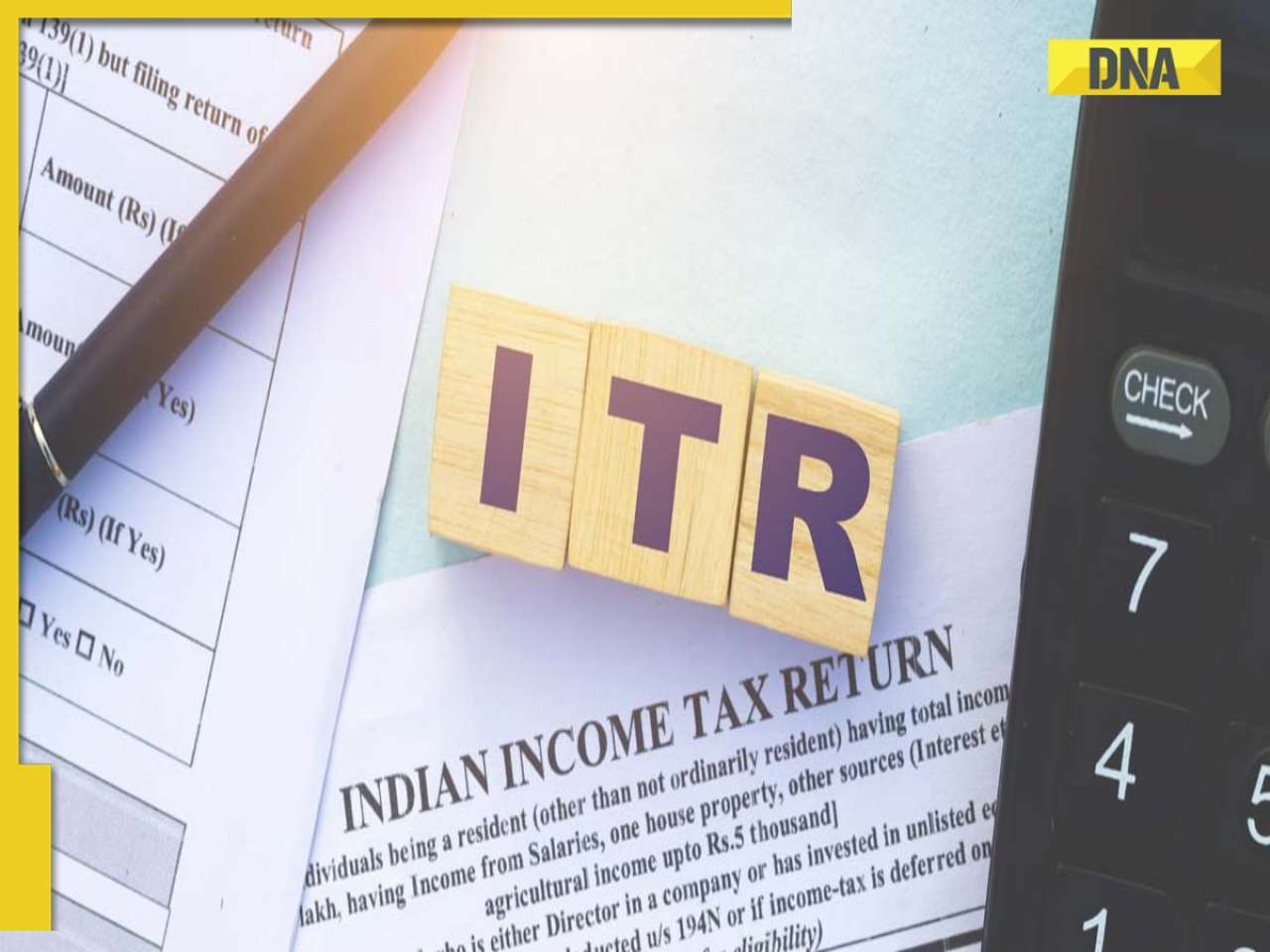 ITR Filing 2025: Don't panic if you receive Income Tax Department notice, take THESE steps...
ITR Filing 2025: Don't panic if you receive Income Tax Department notice, take THESE steps...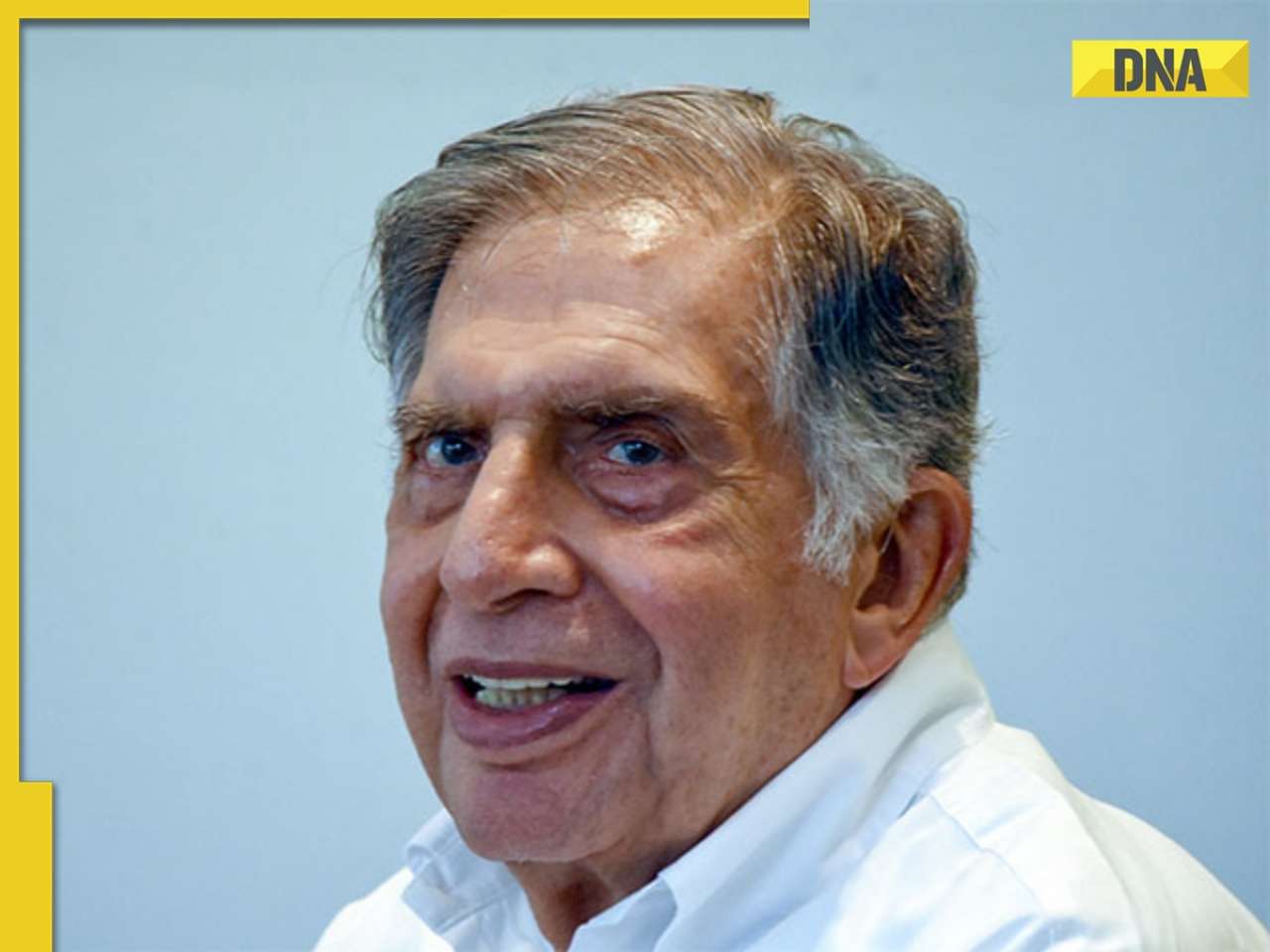 Good news for TCS employees as Ratan Tata's firm announces 100 percent variable pay for THESE employees, check here
Good news for TCS employees as Ratan Tata's firm announces 100 percent variable pay for THESE employees, check here  After approval, Starlink to offer fastest internet speed ranging from..., know what more it offers in India
After approval, Starlink to offer fastest internet speed ranging from..., know what more it offers in India  From Sheila Ki Jawani, Kala Chashma to Kamli: Katrina Kaif unforgettable dance numbers
From Sheila Ki Jawani, Kala Chashma to Kamli: Katrina Kaif unforgettable dance numbers  Is Katrina Kaif 'Runaway Bride' of Bollywood? 5 times actress has run away from weddings in films
Is Katrina Kaif 'Runaway Bride' of Bollywood? 5 times actress has run away from weddings in films World Snake Day 2025: Why are cobras the most dangerous snakes? List of world's 10 deadliest snakes
World Snake Day 2025: Why are cobras the most dangerous snakes? List of world's 10 deadliest snakes Meet woman who failed four times in UPSC exam and finally cracked it with AIR..., is now CEO of...
Meet woman who failed four times in UPSC exam and finally cracked it with AIR..., is now CEO of... 10 countries with most beautiful women in the world, Russia, USA, Greece, make it to the list, you won’t believe who’s number 1
10 countries with most beautiful women in the world, Russia, USA, Greece, make it to the list, you won’t believe who’s number 1 Who is Aditya Saurabh? Cracked UPSC with impressive AIR, became IRS officer, now arrested for...
Who is Aditya Saurabh? Cracked UPSC with impressive AIR, became IRS officer, now arrested for... 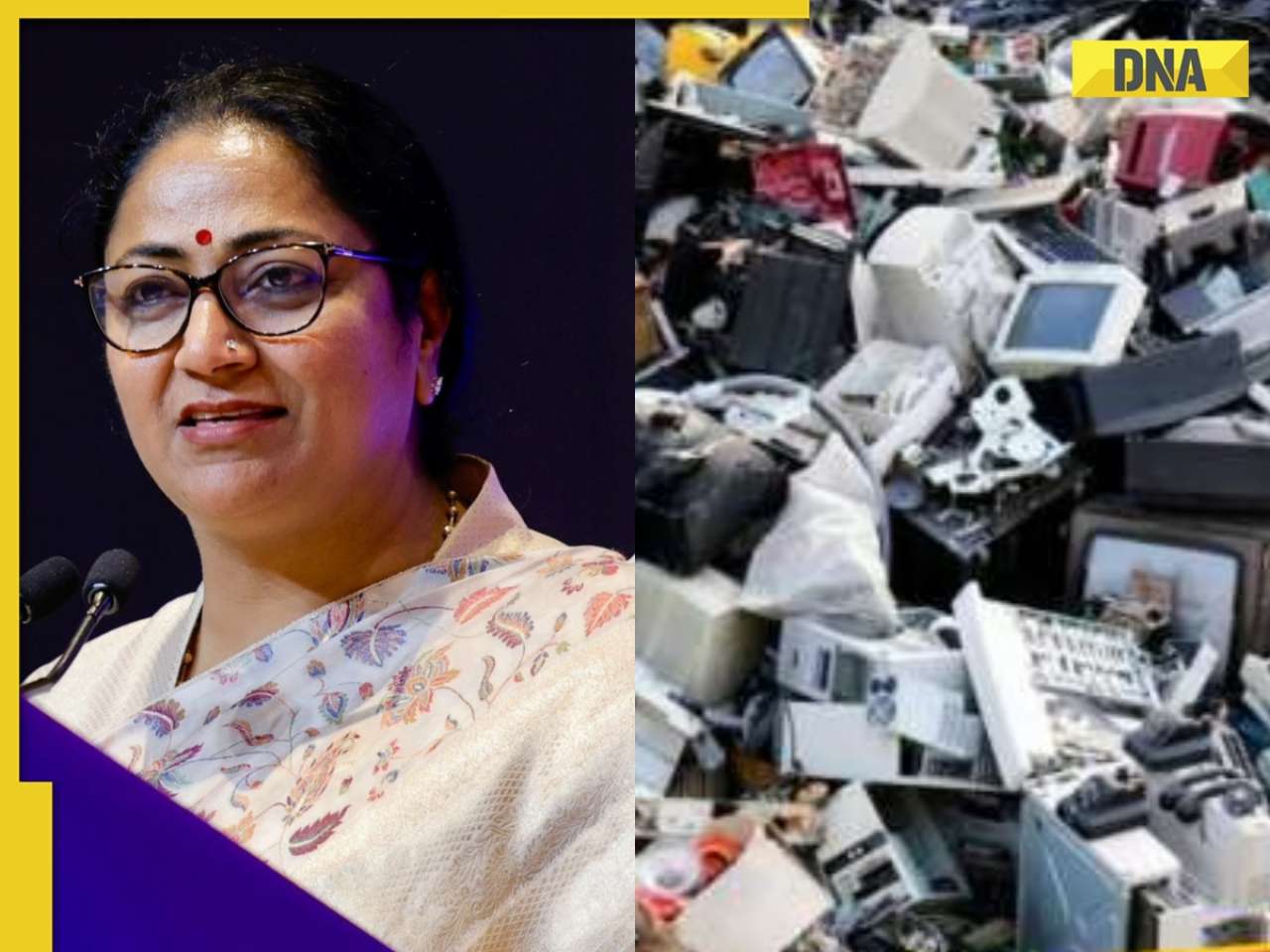 Delhi set to launch India's first net-zero e-waste park in...; its cost is Rs...
Delhi set to launch India's first net-zero e-waste park in...; its cost is Rs... Delhi Police makes SHOCKING statement, bomb threat emails sent to schools and colleges via..., makes difficult to probe due to...
Delhi Police makes SHOCKING statement, bomb threat emails sent to schools and colleges via..., makes difficult to probe due to... Delhi-Meerut RRTS: Good news for commuters as 3 more Namo Bharat stations to be operational soon, they are...
Delhi-Meerut RRTS: Good news for commuters as 3 more Namo Bharat stations to be operational soon, they are... From ragi idli to jowar upma, grilled fish with veggies: Check what's on Parliament's new 'health menu' for MPs
From ragi idli to jowar upma, grilled fish with veggies: Check what's on Parliament's new 'health menu' for MPs  Meet woman, daughter of DTC bus driver, a JNU alumna who battled financial woes, later cracked UPSC with AIR..., she is...
Meet woman, daughter of DTC bus driver, a JNU alumna who battled financial woes, later cracked UPSC with AIR..., she is... Meet woman, DU grad, who cleared UPSC in her last attempt with AIR..., later became IAS officer, is 'perfect example of beauty with brain', she is...
Meet woman, DU grad, who cleared UPSC in her last attempt with AIR..., later became IAS officer, is 'perfect example of beauty with brain', she is... CBSE pushes for 'Oil Boards’, healthy meals in new circular to schools: Check details
CBSE pushes for 'Oil Boards’, healthy meals in new circular to schools: Check details This college records Rs 10000000 placement package for 2025 batch, not IIT Delhi, IIT Bombay, IIM Ahmedabad, it is...
This college records Rs 10000000 placement package for 2025 batch, not IIT Delhi, IIT Bombay, IIM Ahmedabad, it is... Meet man, who worked as waiter, later cracked UPSC exam in 7th attempt with AIR...
Meet man, who worked as waiter, later cracked UPSC exam in 7th attempt with AIR... This luxury car is first choice of Indians, even left BMW, Jaguar, Audi behind in sales, it is...
This luxury car is first choice of Indians, even left BMW, Jaguar, Audi behind in sales, it is... Kia India unveils Carens Clavis: Check features, design changes, price and more; bookings open on...
Kia India unveils Carens Clavis: Check features, design changes, price and more; bookings open on... Tesla CEO Elon Musk launches most affordable Cybertruck, but it costs Rs 830000 more than older version, it is worth Rs...
Tesla CEO Elon Musk launches most affordable Cybertruck, but it costs Rs 830000 more than older version, it is worth Rs...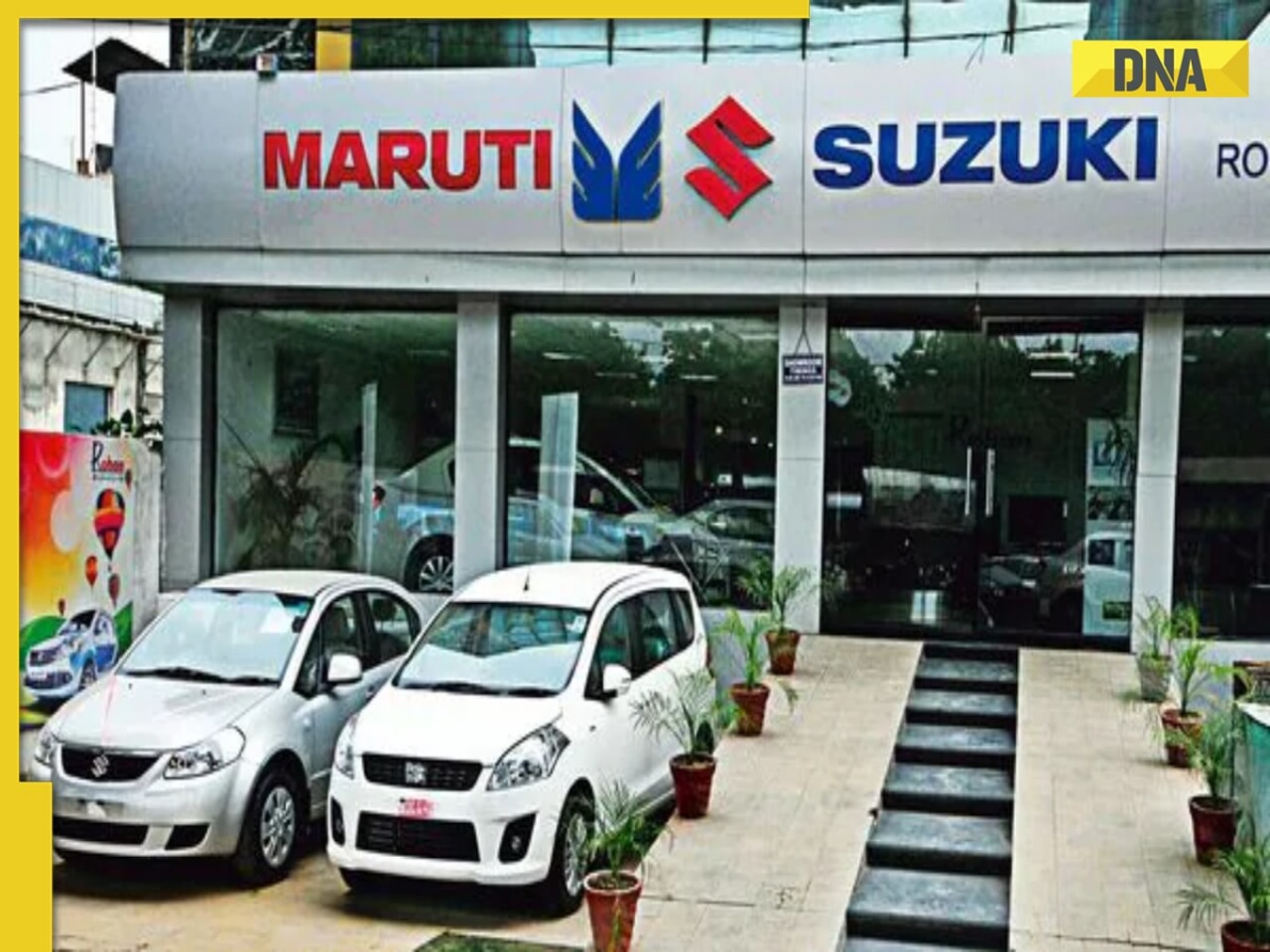 Planning to buy a Maruti Suzuki car? Prices set to rise by 4% from...
Planning to buy a Maruti Suzuki car? Prices set to rise by 4% from... Audi launches Audi RS Q8 2025 in India: Know price, specifications and unique features
Audi launches Audi RS Q8 2025 in India: Know price, specifications and unique features 





)
)
)
)
)
)
)
)
)
)
)
)
)
)
)
)




